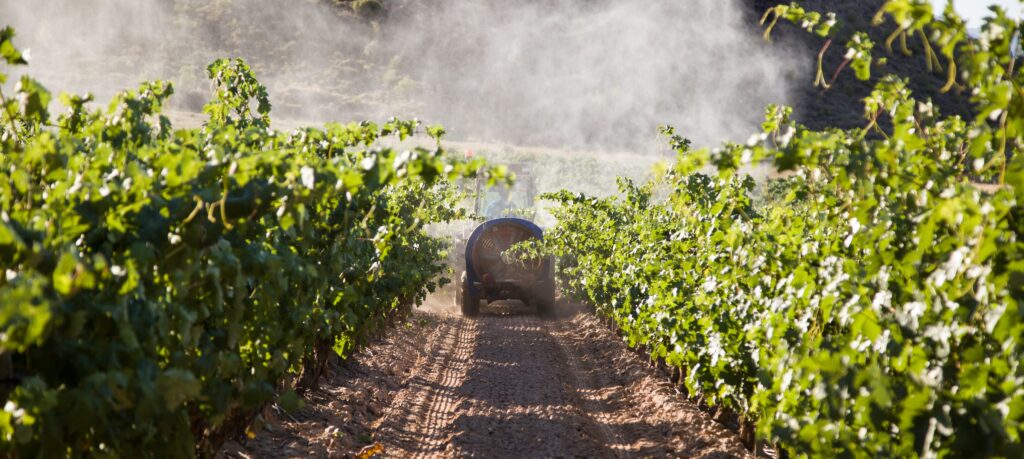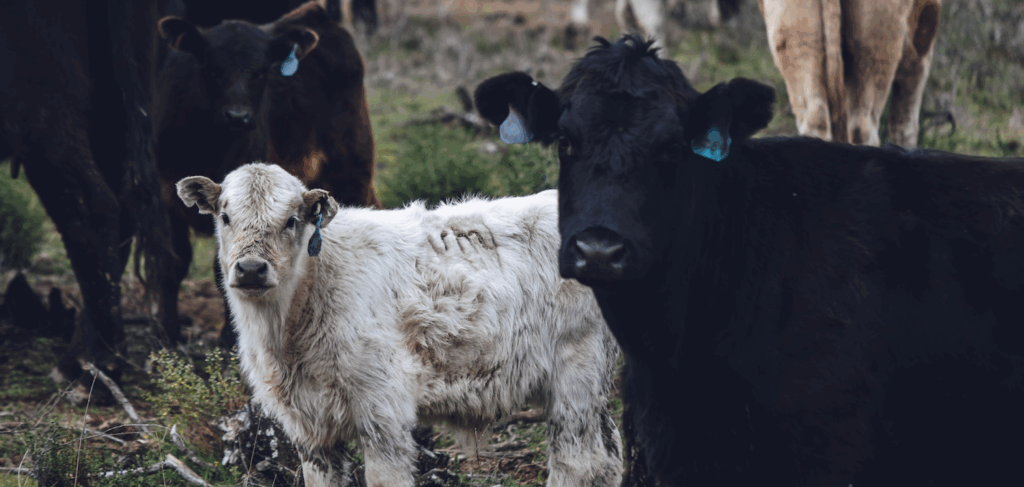Le Cadre Mondial pour la Biodiversite et ses implications pour l’Afrique
The African Centre for Biodiversity and Third World Network hosted a webinar in two sessions/ Le Centre Africain pour la Biodiversité et Third World Network vous invitent à un webinaire en deux session
Thank you to all those who attended the fruitful webinar yesterday.
Merci à tous ceux qui ont participé au webinaire fructueux d’hier.
Here is a link to view the recording/ Voici un lien pour visionner l’enregistrement :
https://t2m.io/GBFweb_recording
Passcode/Code d’accès : qL9+@*9x
Here is a link to view the presentations/Voici un lien pour voir les présentations :
https://t2m.io/GBFweb_presentations
These will be made available until the end of 2022.
Celles-ci seront disponibles jusqu’à la fin de l’année 2022.
PROGRAMME
Thursday 3 November Jeudi 3 Novembre
Morning Session Session du matin
11:00–12:30 (UTC+2)
Facilitator/ Animatrice : Sabrina Masinjila, ACB
Opening Sabrina Masinjila (ACB) | 11:00–11:10 | Ouverture Sabrina Masinjila (ACB) |
| Contextual overview Lim Li Ching (TWN) | 11:10–11:25 | Aperçu contextuel Lim Li Ching (TWN) |
| What is at stake for Africa? Linzi Lewis (ACB) | 11:25–11:35 | Les enjeux pour l’Afrique Linzi Lewis (ACB) |
| Neo-colonial conservation, the 30×30 target & proposals for a shared Earth Yemi Katerere, African CSO Biodiversity Alliance, (ACBA) | 11:35–11:45 | La conservation néocoloniale, l’objectif 30×30 et les propositions pour une Terre partagée Yemi Katerere, Alliance des OSC africaines pour la biodiversité (ACBA) |
| Agriculture, climate change and food systems under the GBF: what is on and off the table Tammi Jonas, International Planning Committee for Food Sovereignty (IPC) is unfortunately unable to make the webinar but Linzi Lewis will give a short update | 11:45–11:50 | Agriculture, changement climatique et systèmes alimentaires dans le cadre du CMB : ce qui est sur la table et ce qui ne l’est pas Tammi Jonas, Comité international de planification pour la souveraineté alimentaire (IPC) est malheureusement dans l’impossibilité de participer au webinaire, mais Linzi Lewis fera une brève mise à jour |
| The climate change and biodiversity convergence: false solutions in the GBF Prof Doreen Stabinsky, Global Environmental Politics, College of the Atlantic, Maine, US | 11:50–12:00 | La convergence entre le changement climatique et la biodiversité : de fausses solutions dans le CMB Prof. Doreen Stabinsky, Politique environnementale globale, College of the Atlantic, Maine, Etats-Unis |
| Beyond the gap: placing biodiversity finance in the global economy Associate Professor, Jessica Dempsey, Department of Geography, University of British Columbia, Canada | 12:00–12:10 | Au-delà du fossé : placer le financement de la biodiversité dans l’économie mondiale Professeur associé Jessica Dempsey, Département de géographie, Université de Colombie britannique, Canada |
| Discussion | 12:10– 12:30 | Discussion |
Break 12:30 – 14:00 Pause
Afternoon session Session de l’après-midi
14:00–15:15 (UTC+2)
Facilitator/ Animatrice : Lim Li Ching, TWN
DSI and the position of the African Group of Negotiators: why it matters Pierre du Plessis, Namibian delegation | 14:00–14:10 | La ISN et la position du groupe de négociateurs africains : pourquoi cela importe-t-il Pierre du Plessis, délégation namibienne |
| Digital Sequence Information (DSI): A long road to equity and justice for the Global South Georgina Catacora-Vargas, Academic Peasant Unit “Tiahuanacu”, Bolivian Catholic University | 14:10–14:20 | Information sur les séquences numériques : Un long chemin vers l’équité et la justice pour les pays du Sud Georgina Catacora-Vargas, Unité académique paysanne « Tiahuanacu », Université catholique bolivienne |
| Synthetic biology: key issues for Montreal negotiations Sabrina Masinjila, African Centre for Biodiversity (ACB) | 14:20–14:30 | Biologie synthétique : questions clés pour les négociations de Montréal Sabrina Masinjila, African Centre for Biodiversity (ACB) |
| Case study on biosafety and biotechnology issues in Kenya and Burkina Faso Anne Maina, Biodiversity and Biosafety Association (Biba), Kenya and Ali Tapsoba, Terre à Vie | 14:30–14:45 | Étude de cas sur les questions de biosécurité et de biotechnologie au Kenyaet au Burkina Faso Anne Maina, Association pour la biodiversité et la biosécurité (Biba), Kenyaet Ali Tapsoba, Terre à Vie |
| Overview of technology assessment, concerns and key demands Neth Dano, ETC Group | 14:45–14:55 | Aperçu de l’évaluation des technologies, préoccupations et principales demandes Neth Dano, ETC Group |
| Discussion | 14:55–15:10 | Discussion |
| Closing remarks/ Music | 15:10–15:15 | Remarques de clôture/ Musique |
BACKGROUND
Negotiators from 196 countries that are Parties to the Convention on Biological Diversity (CBD) are set to meet in Montreal Canada, from 7-19 December, 2022 for the final round of multilateral talks to tie up a global deal to stave off biodiversity loss in the world.
As the world battles extensive biodiversity loss and ecological collapse, as part of multiple converging crises, including climate change, land degradation, pollution, pandemics and poverty, this global deal – the Post-2020 Global Biodiversity Framework (GBF) – is being negotiated, alongside other CBD processes, including documents/agenda items arising from the CBD intersessional bodies, namely the Subsidiary Body on Scientific, Technical and Technological Advice (SBSTTA) and the Subsidiary Body on Implementation (SBI) and its Protocols on Biosafety and Access and Benefit-Sharing.
The outcomes of these negotiations will have a massive impact on Africa’s future so we believe it is crucial that African civil society is brought into the discussion.
In the first session, The Global Biodiversity Framework: key issues and implications for Africa, the breadth of these discussions will be shared, to give participants a picture of the extent of the negotiations, and also its linkages with negotiations taking place under the United Nations Framework Convention on Climate Change (UNFCCC). Key elements that will be explored include: biodiversity loss and the GBF, the conservation agenda – the 30×30 target, which calls for protecting 30% of the world’s terrestrial and marine habitats by 2030 – the convergence of biodiversity and climate change, agriculture and food systems and resource mobilisation.
The second session on Biosafety, DSI and the GBF will explore synthetic biology and new genetic engineering techniques and their relationship with Africa; the rise of DSI and what specifically is being called for by civil society in SBSTTA and the GBF.
CONTEXTE
Les négociateurs des 196 pays parties à la Convention sur la diversité biologique (CDB) doivent se réunir à Montréal (Canada), du 7 au 19 décembre 2022, pour le dernier cycle de négociations multilatérales visant à conclure un accord mondial pour enrayer la perte de biodiversité dans le monde.
Alors que le monde se bat contre une perte de biodiversité considérable et un effondrement écologique, dans le cadre de multiples crises convergentes, notamment le changement climatique, la dégradation des sols, la pollution, les pandémies et la pauvreté, cet accord mondial, le Cadre mondial pour la biodiversité (CMB) pour l’après-2020, est en cours de négociation, parallèlement à d’autres processus de la CDB, notamment les documents/programmes émanant des organes intersessionnels de
la CDB, à savoir l’Organe subsidiaire chargé de fournir des avis scientifiques, techniques et technologiques (SBSTTA) et l’Organe subsidiaire de mise en oeuvre (SBI), ainsi que ses protocoles sur la biosécurité et l’accès et le partage des avantages.
La première session, intitulé « Le cadre mondial pour la biodiversité : questions clés et implications pour l’Afrique », offrira une vue d’ensemble sur le sujet, afin de donner aux participants une idée de l’ampleur des négociations, ainsi que leurs liens avec les négociations qui se déroulent dans le cadre de la Convention-cadre des Nations unies sur les changements climatiques (CCNUCC). Les éléments clés qui seront explorés comprennent : la perte de biodiversité et le CMB, l’agenda de la conservation (soit l’objectif 30×30, qui appelle à protéger 30% des habitats terrestres et marins du monde d’ici 2030), la convergence de la biodiversité et du changement climatique, l’agriculture et les systèmes alimentaires et la mobilisation des ressources.
La deuxième session sur la biosécurité, les ISN et le CMB sera consacrée à la biologie synthétique et aux nouvelles techniques de génie génétique et leur relation avec l’Afrique ; l’essor des ISN et ce qui est spécifiquement demandé par la société civile dans le cadre du SBSTTA et du CMB.
Click here for the full concept note/ Cliquez ici pour la note de concept.



